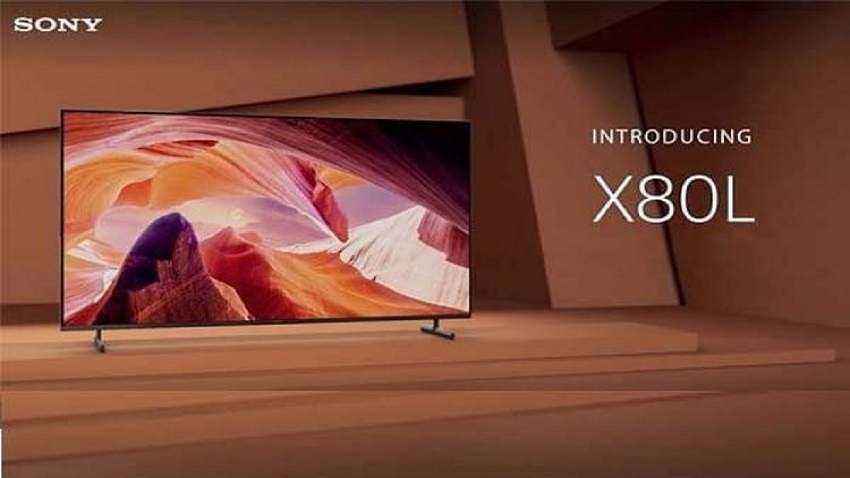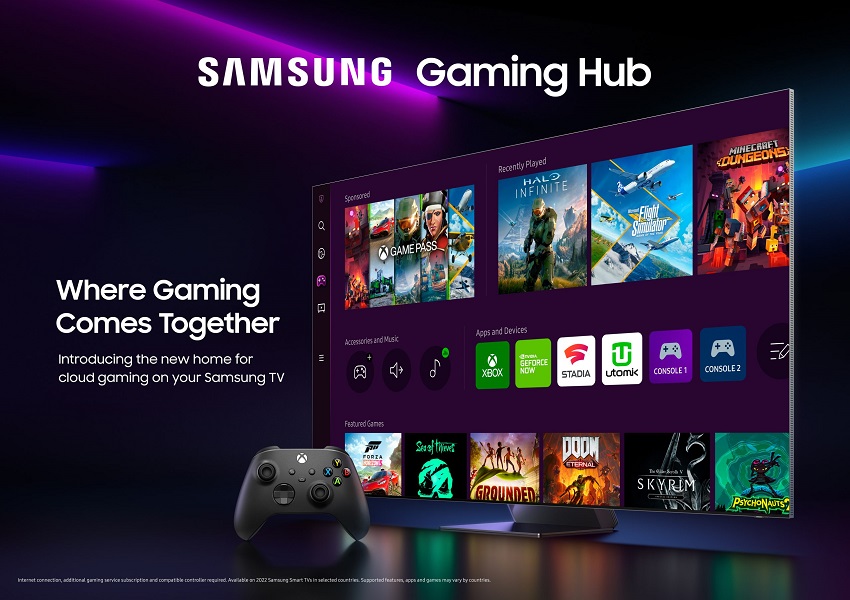
How many amps does a washing machine use?
May 27, 2023
Three Tips to Keep Farm Workers Safe
June 19, 2023Are Sony TVs Better than Samsung?
When it comes to choosing a new television, there are numerous brands and models available in the market. Two of the most prominent and renowned brands are Sony and Samsung. Both companies have established themselves as leaders in the TV industry, offering innovative technology and high-quality products. In this article, we will explore the question: Are Sony TVs better than Samsung TVs?
Sony and Samsung are well-known brands that have built a strong reputation for producing cutting-edge televisions. Each brand has its own strengths and unique features, making it essential to consider various factors before determining which TV is better suited to your needs and preferences.
Table of Contents
ToggleDisplay Technology and Picture Quality
One of the primary aspects that people look for in a TV is the picture quality. Both Sony and Samsung have made significant advancements in display technology, utilizing different approaches to enhance the viewing experience.
When considering what to do with a broken tv, it’s important to explore responsible options for disposal or potential repair. If the TV is no longer functional or beyond repair, it’s recommended to explore eco-friendly methods of disposal. Many electronic recycling centers or municipal programs provide proper channels for recycling electronic waste, including broken TVs. By recycling, we can minimize the environmental impact and promote sustainability.
Sony’s Expertise in Picture Quality
Sony is known for its expertise in picture quality. Their TVs often feature advanced image processing technologies, such as the Sony X1 Ultimate processor, which provides exceptional color accuracy, contrast, and clarity. Additionally, Sony incorporates various proprietary technologies, like Triluminos Display, which delivers a broader color spectrum, resulting in vibrant and lifelike images.
Samsung’s Innovative Display Technologies
Samsung, on the other hand, has also invested heavily in display technologies. They have developed their Quantum Dot technology, known as QLED, which offers a wide color gamut and excellent brightness levels. Additionally, Samsung TVs employ advanced backlighting techniques, like Direct Full Array and MicroLED, to improve contrast and black levels.
Smart Features and User Interface
In today’s digital age, smart features and user interfaces play a significant role in enhancing the TV viewing experience. Both Sony and Samsung offer their own smart TV platforms with a range of features and functionalities.
Sony’s Android TV
Sony integrates the Android TV platform into its televisions, providing users with access to a vast ecosystem of apps and services through the Google Play Store. Android TV offers a user-friendly interface, voice control capabilities, and seamless integration with other smart devices in your home.
Samsung’s Tizen OS
Samsung, on the other hand, utilizes its Tizen operating system for its smart TVs. Tizen provides a smooth and intuitive user interface, with a wide selection of apps available through the Samsung App Store. Samsung TVs also support voice commands and can interact with other Samsung smart home devices.
Gaming Capabilities
With the increasing popularity of gaming, many people use their TVs as gaming displays. Both Sony and Samsung have recognized this trend and incorporated features to enhance the gaming experience.
Sony’s PlayStation Integration
Sony has an advantage in this area due to its close association with the PlayStation gaming console. Sony TVs are optimized for PlayStation gaming, offering features like Auto Low Latency Mode (ALLM) and Variable Refresh Rate (VRR). These features reduce input lag and screen tearing, providing a smoother and more responsive gaming experience.
Samsung’s Gaming Enhancements
Samsung has also made efforts to cater to gamers by incorporating features like Game Mode, which minimizes input lag, and FreeSync compatibility, which reduces stuttering and tearing. Additionally, Samsung’s high-end QLED models often boast impressive motion handling and low input lag, making them suitable for gaming enthusiasts.
Price and Availability
When comparing TVs, it is essential to consider pricing and availability, as these factors can vary depending on the region and specific models.
Sony’s Premium Positioning
Sony TVs are often positioned as premium products, with a focus on cutting-edge technology and premium build quality. As a result, they tend to have a higher price point compared to some other brands. However, Sony’s reputation for quality and innovation justifies the premium pricing for many consumers.
Samsung’s Wider Range
Samsung offers a wider range of TVs that cater to different price points and budgets. They have models available in various price ranges, including entry-level options and high-end flagship models. This flexibility allows consumers to choose a Samsung TV that fits their specific requirements and budget.
Conclusion
In conclusion, both Sony and Samsung produce exceptional televisions with their own unique strengths. Sony TVs excel in terms of picture quality, leveraging advanced image processing technologies and proprietary features. On the other hand, Samsung TVs offer innovative display technologies, a wide range of smart features, and gaming enhancements.
Ultimately, the choice between Sony and Samsung depends on individual preferences, specific requirements, and budget. It is recommended to compare the features, performance, and prices of specific models within each brand to make an informed decision. Remember to consider factors such as picture quality, smart features, gaming capabilities, and price before making your final choice.
So, whether you choose a Sony TV or a Samsung TV, both brands are capable of delivering an immersive and enjoyable viewing experience.



